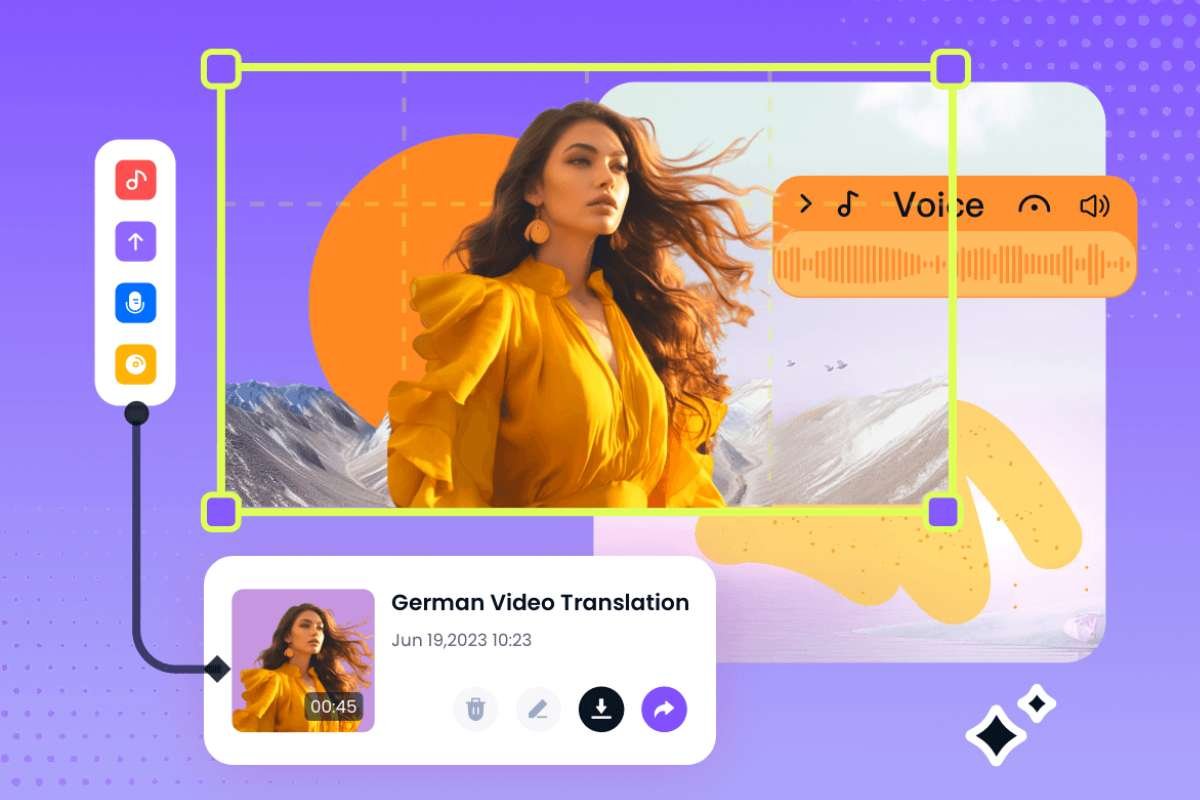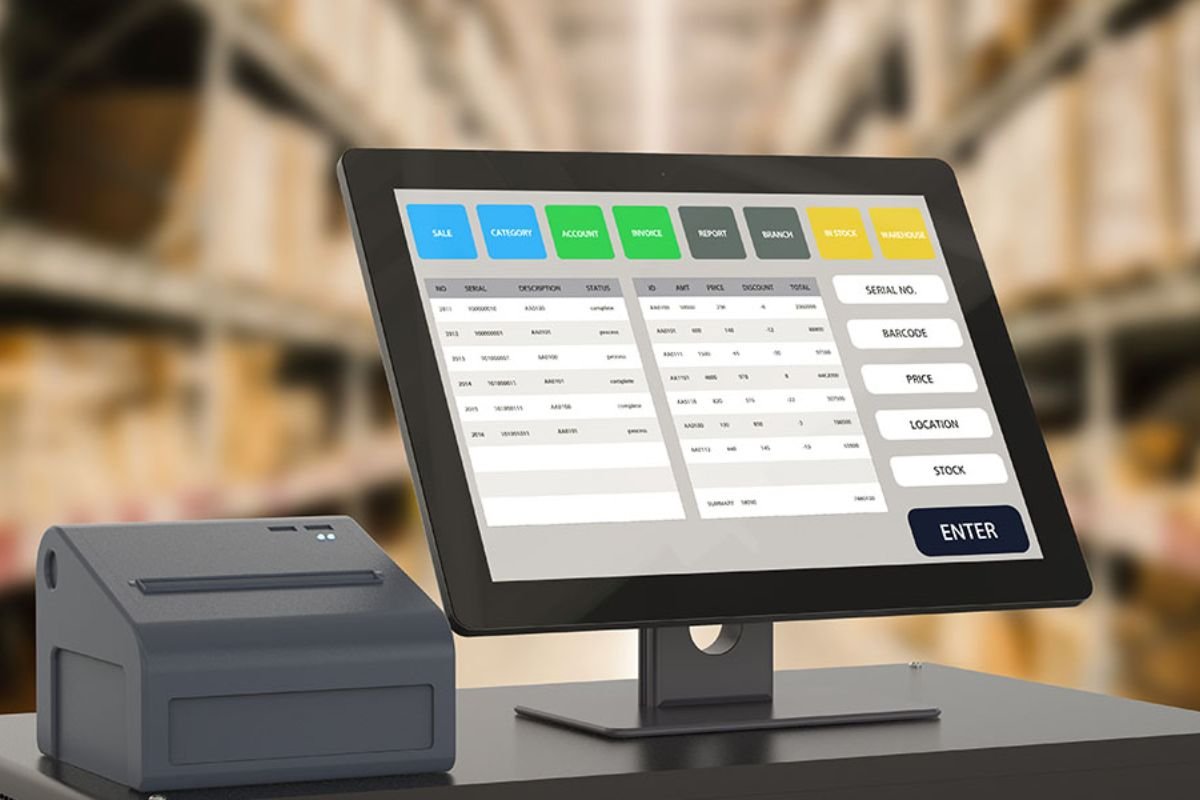Nowadays, thanks to web apps and websites, you can easily get your hands on all sorts of things from wherever you are. It’s pretty amazing what these technologies can offer! Now, you might be wondering why we talk about custom web app development and websites as if they’re different. Well, they are not quite the same. There are several key differences between them, especially in how they’re created, and the areas they cover, including how they’re used.
So let’s take an in-depth look at how they differ from each other. Check the methods of both website and custom web app development services, as well as the overall usage according to Digiteum.
Explore the difference between custom web app development vs. Website:
1. Technological contrasts: distinguishing the technologies
The best way to discern between the two digital creations is to start by defining them. Websites are defined as a singular, or a group of related web pages displayed to users via a browser under a domain name. Web applications are programs, or pieces of software that one can access via a Web browser.
While it’s true that these are two different creations, one can’t be faulted for confusing the two, as in recent times, the distinctive interactive nature of web apps has bled into the sites, which also try to interact with visitors. The creation of both also centers around a host of technologies, hence their complexity, but still, they vary and the next heading shows that.
2. Varying creations

The first element that separates the two as it pertains to their creation centers around their purpose. Custom web app development services are generally more dynamic and interactive than those of websites, and as such require a vast array of technologies. While site developers typically create using HTML, JavaScript and CSS, app creators need backend creation using a host of frontend technologies such as the following:
- Node.js: this web app development \ environment runs JavaScript’s server-side apps and it allows direct interaction with hardware via its built-in modules
- React: A library from Javascript, helps with user interface building, which in turn makes for a dynamic, more engaging app
- PHP: it has heavy-load libraries, as well as frameworks that not only make for an easy-to-learn language but a tool perfect for creating a dynamic product
- Vue: this framework allows for the quick building of apps with great integration, scalability and flexibility, along with engaging user interfaces
- Angular: this Google-made, open-source web app framework has features and extensions that improve functionality
3. Methods for building
As for how you could go about building them, the methods are quite similar, and both will start with an idea on your part. With said idea in mind, you could decide to build either in-house if you or anyone in your team has some coding knowledge, a method that’s usually reserved for smaller operations on a budget.
If you can afford it, you could outsource by hiring freelancers, or companies that deal in this type of thing. With the developer house companies, specifically, the quality of the product is likely to be greater. If none of those tickle your fancy, there are codeless ways of getting the desired result, and they will typically come from sites, which offer those with little to no coding experience tools like templates to create something that looks professional.
4. Key areas of difference

While similar in ways that we’ve discussed above and different as it pertains to their creation, the differences between custom web app development and websites ultimately lie in how they’re used, as well as their capabilities. When one visits a website, for example, they’re typically looking to do a few key things, which include the following:
- Get more information on the company
- Get data on the person who owns
- Get data through visual text, photos, and other media
- Get contact details of said company
- Get a better understanding of products
Conversely, web apps are the complete opposite and are entirely based on being interactive with users. This presents itself in the fact that on these pieces of software, several actions can be taken, including the following:
- Playing games
- Making payments
- Entering and submitting data
As we said earlier, however, the modern day has made it so that websites are also interactive. So don’t be surprised to find websites on which some of the above actions, or at least similar ones can be taken.
5. Creation, integration, and authentication

Another area in which the two differ has to do with bridge creation, or integration with other components to help with transferring information between them. This action is perfect for the pulling of solutions among pieces of software, which is great considering all the types of web apps. While both can be integrated with other software, the complex and interactive nature of web apps is such that integration is particularly common here, as seen by how they connect to CRM.
The final key area worth looking at, in regards to what separates the two is the authentication features. Authentication gives authorized users access to areas of whatever is being used, and they’re a key part of custom web app development services and ensure that their sensitive data is kept secure. While this is present to some extent on websites, often coming in the form of registration that allows additional access to the site’s options, authentication isn’t that necessary.
Final thoughts
Whether it’s the scalability or flexibility they bring to custom websites and web apps, it’s fair to say that either option is quite beneficial. Actually, the billion-dollar web development industry shows that many are present to cater to your needs. So when you approach anyone, offering custom web app development solutions or the equivalent for websites, consider what exactly it is you want, as well as which of the two caters to your vision. When that’s settled, the actual building process, whether code-based, codeless in-house or outsourced can begin.
One thing to keep in mind is that in any case, always pick someone who will offer professional advice that’s tailored to your operation’s needs. With their help, the product, regardless of type, is likely to be better.






